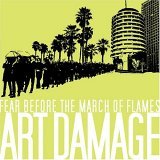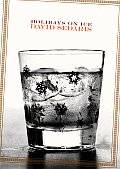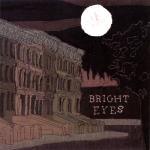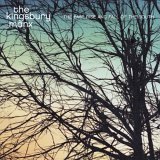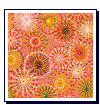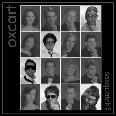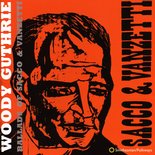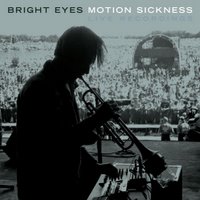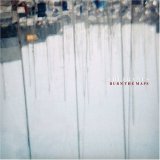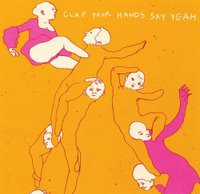
We're down to the final hours of a pretty tumultuous year. Despite the tragedies and political ugliness we've endured-- despite every bad headline--I'm grateful that I was alive during 2005. Breaths of fresh air were plentiful - especially in music. Though I don't feel I heard a wide enough variety of music this year to compile a 'ten best' list, I must share some of my final musical discoveries of 2005.
First of all... Clap Your Hands and Say Yeah. I missed this one when it was released earlier this year. I bought it on recommendation from a record store employee a few days ago and though it probably wouldn't make a 'ten best' list if I had one, it is certainly one of the most refreshing musical releases of the year. Upon examination of it's packaging you'll realize that the only words on it are the name of the band and the song titles. No copyright information, label logo, or FBI piracy warning. Clap Your Hands and Say Yeah are as independent as independent music can get. This was a completely self-released album. The music is intriguing and refreshing. Lead singer Alec Ounsworth sounds like David Byrne without sounding like he was imitating anyone. Clap Your Hands and Say Yeah is a frenzied, exciting record of genuine indie rock. Music as original as this rarely enters the scene, so don't miss it!
My second belated musical discovery is somewhat of a guilty pleasure. It is pure pop, but it completely mesmerized me. Imogen Heap's song 'Hide and Seek' from her new record. If you've already heard it, listen to it again. That is all voice. Nothing but Imogen Heap's voice (though it is electronically distorted). I don't think I've ever heard such passion contained in a single song. It is extraordinary. The song tugs at your soul - no, it burrows into your soul, injecting it with passion. 'Hide and Seek' is the most beautiful song I've heard all year.
And finally, I must give a shout out to all the music that sustained me throughout the year: Bright Eyes' 'Land Locked Blues', the best song of the year; Spoon's new album; Sufjan Stevens' epic and intimate Illinoise; Sleater-Kinney's hard-hitting The Woods; and other great albums like Bloc Party Silent Alarm, Iron and Wine/Calexico In the Reigns, Willy Mason's Where the Humans Eat, and The Decemberists' Picaresque.
